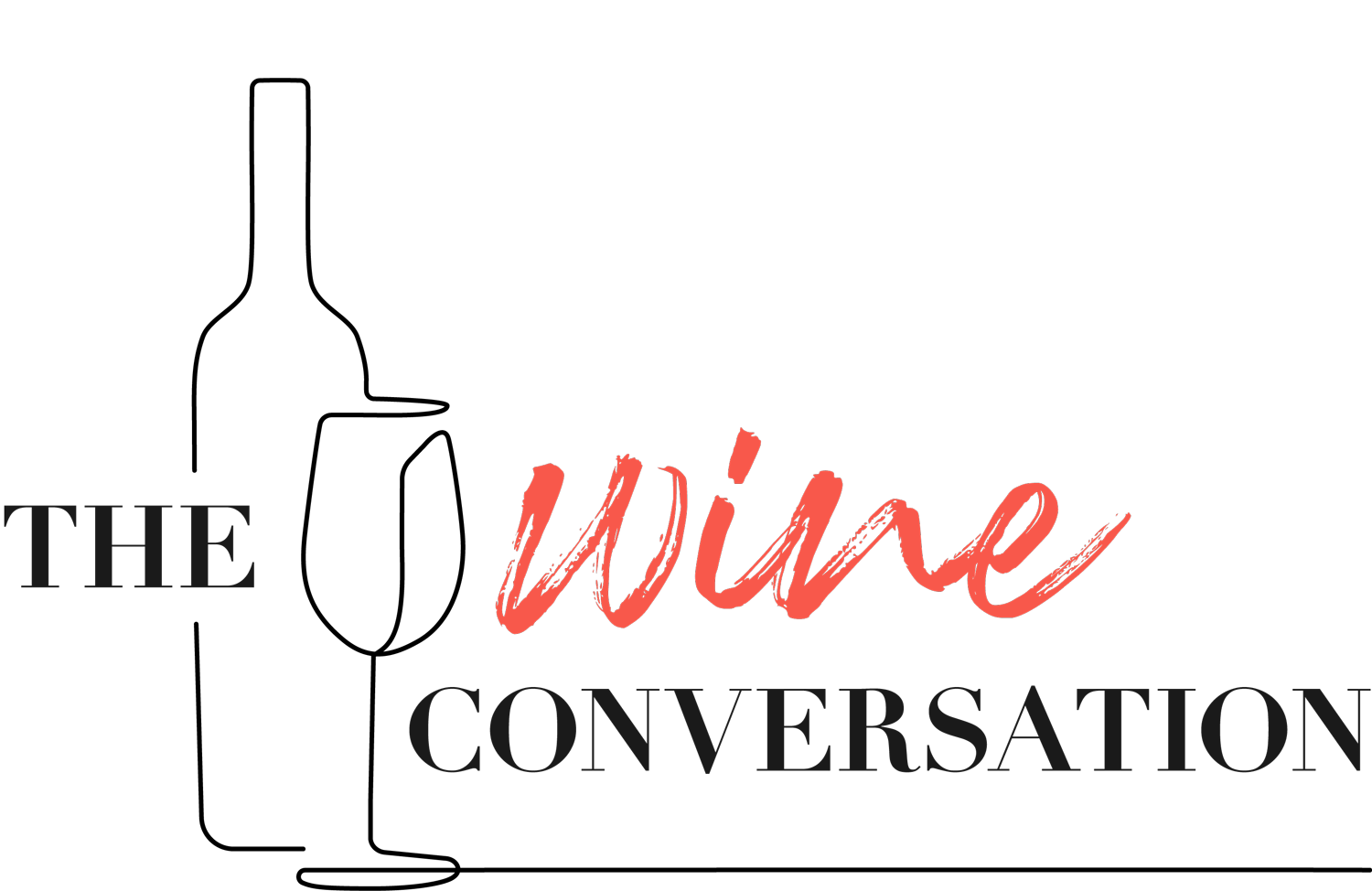▻ Bruce Jack
In conversation with Bruce Jack
“ “We are a very resourceful nation, we are South Africans and we don’t roll over, we will get through it.” ”
Episode Summary:-
John Stimpfig talks to leading South African producer Bruce Jack, one of the titans of the South African wine industry. In this moving and frank interview, Bruce tells John about his career and what happened to him and the South African wine industry when the pandemic hit in 2020.
Bruce’s first involvement with the wine industry was working in retail. His grandmother loved single malt whisky and she suggested he work at the local bottle store so she could enjoy his staff discounts. At the same time, the experience ignited a love of wine; after studying English literature at St Andrew’s, he worked for a UK wine importer, finding them South African agencies. When the company was sold, he headed to Australia to study at the University of Australia’s Roseworthy Campus, and then returned to South Africa to launch Flagstone, his first winery, which he describes as his “greatest experience and university of my life.” Flagstone soon gained a reputation for being cutting-edge and garnered many awards.
Bruce tells John that when he sold the winery to Constellation, he was written off by the wine writers: “That was like throwing your reputation as a winemaker under a bus.” Only the journalist Jamie Goode rang to ask him why he had sold. He explains that the sale allowed him some control over South Africa’s biggest export brand, Kumala, which gave him the opportunity to influence Constellation into putting in place the ethical codes of WIETA, whose members had to sign up to the minimum employment standards of the organisations. “It was a once-in-a-lifetime chance to affect social change on a massive scale as a winemaker,” Jack explains. Though he was told he was not corporate material by everyone, including his mother and wife, Jack talks about the positives and negatives of being part of a large corporation.
He left corporate life in 2018 when the business (now known as Accolade) was sold and returned to being a winemaker, starting Bruce Jack Wines, now one of South Africa’s fastest-growing privately-owned companies. Bruce talks about the UK market, where his wine is sold in the major supermarkets including Tesco, Sainsbury’s and Asda, and discusses how important it is to talk directly to the consumer, which he believes is aided by technology and social media.
John and Bruce discuss the devasting effect the COVID pandemic has had on the South African wine industry, with wine production brought to a screeching halt and alcohol sale bans decimating the industry and leaving millions of people literally starving. Bruce gives his deeply personal account of what it is like to find your world collapsing: “I have never had a panic attack in my life, except for 2020. I always sort of thought they were inventions by people, but when your world collapses on so many different levels, you panic and I found myself bereft of everything. I felt abandoned by the universe.”
Bruce tells John how he discovered there was no help from the government, no telephone line or email address to turn to, and how it was left to the farmers to feed people. Previously Jack had started a charity called The Headstart Trust to help poor and marginalised communities in the Cape, and the Trust, along with other farmers in the area, set about feeding 10,000 people a week. “Every month when you need 30-40,000 rand’s worth of food or people will go hungry, it really does change your focus,” Bruce explains.
Bruce tells John about how the wine industry is perceived in South Africa, the social issues with alcohol and his belief that the South African wine industry will come through it. “There is always hope, we’re South African, we’ve created a miracle before,” he concludes in this personal and moving interview.
““There is always hope, we’re South African, we’ve created a miracle before””
Running Order:-
-
0.00 – 10.00
“Instead of doing what a sensible person should have done, I went to the bank and borrowed some money and started a winery knowing very little.”
Bruce Jack talks about how he started out in the wine world. His grandmother liked single malt whisky, and encouraged him to work at the local bottle shop, where she could enjoy his staff discounts on her whisky. After university, where he studied English Literature, he worked for a UK wine importer, finding South African wine agencies for them. After the company was sold, he headed to Australia to study at the University of Adelaide’s Roseworthy Campus, before returning to South Africa where he started his first winery, Flagstone. The success of the winery, he believes, was due to his international perspective, as well as his connections with wine journalists and wine buyers in the UK who he had met early on. -
10.01 – 28.00
“I was told I wasn’t corporate material by everyone, including my Mum and my wife.”
In 2008 Bruce sold Flagstone to Constellation and joined that corporate world, taking on South Africa’s largest export brand Kumala. “It was like Brewdog had sold to Kalsberg. We got written off by many wine writers who thought I’d sold out. It was very hurtful actually, because no one bothered to ask me. I think Jamie Goode was the only person who picked up the phone to ask why I’d sold.” Bruce explains that as a winemaker you are only having a minor impact on the world, but what the sale to Constellation allowed was having the opportunity to put in place the higher ethical standards of WIETA. “It was a once-in-a-lifetime opportunity to effect social change on a massive scale--as a winemaker that’s ridiculous, you never have that opportunity.” Bruce talks further about his experience at Constellation and Accolade and what he learnt from being part of one of the world’s largest wine companies. He left when the company was sold (“When you are a winemaker you want to be in charge of your own destiny,”) and started Bruce Jack Winery, now one of the fastest-growing privately owned wine brands, with its wines in all the major UK supermarkets. -
28.01 – 57.32
“When things were getting really bad in 2020, I pulled a couple of bottles of Chateau Musar out of my cellar, and to me that’s the model of resistance and resourcefulness I celebrate.”
The Covid pandemic of 2020 devastated the South African wine industry, with wine production halted and alcohol sales banned. Bruce tells John of the harrowing experience of what happens when your business dries up, you don’t have any money flowing in and the savings you have carefully put in place for your retirement, your kid’s education, is needed to keep people paid in your company. Within two weeks of the ban, millions of people had no food, and it was left to the farmers to start food relief. Bruce talks about how the charity he set up, The Headstart Trust, helped feed 10,000 people a week. He explains that part of the meltdown process was finding out where the industry stood in the government’s eyes, and he concludes that “we are in a wilderness, we have no relationship with government, we are seen as a white majority Afrikaans male industry tainted by apartheid and colonialism.” Despite this, he is optimistic about the future and believes the pandemic has strengthened civic society. John asks what would be his message be to listeners, and he says, “We are not looking for charity, for special case status. We are a very resourceful nation, we are South Africans and we will get through it. I just would love wine consumers to experiment with South African wine. I just need people to be adventurous, that’s all.”
RELATED POSTS
Keep up with our adventures in wine
Further reading:-
To donate to the Headstart Trust
Wines of South Africa, by Jim Clark.
Listeners to The Wine Conversation can get 40% off until the end of June 2021. Use the code CWLTALK40 at checkout to receive your discount: http://bit.ly/BuyClassics. Listeners in the US and Canada need to visit a different address to buy books: http://bit.ly/BuyClassicsUS.










Find out why the Connoisseur Week is Sarah Kemp and Jane Anson’s favourite week of the year.